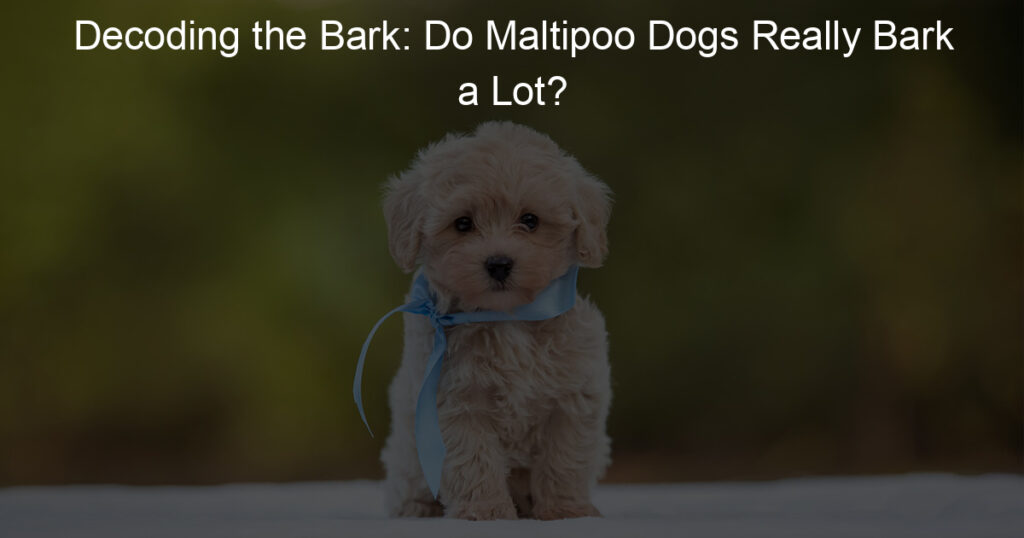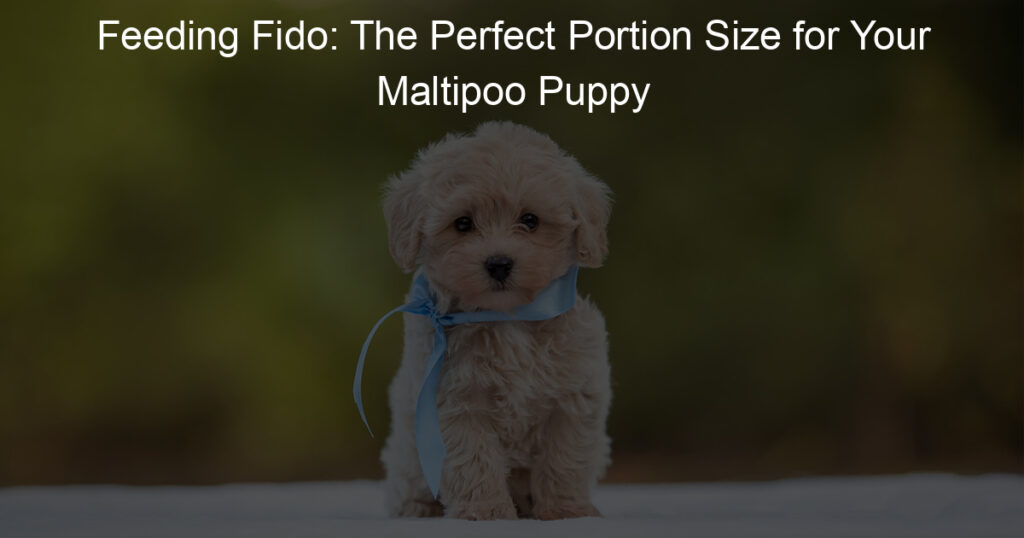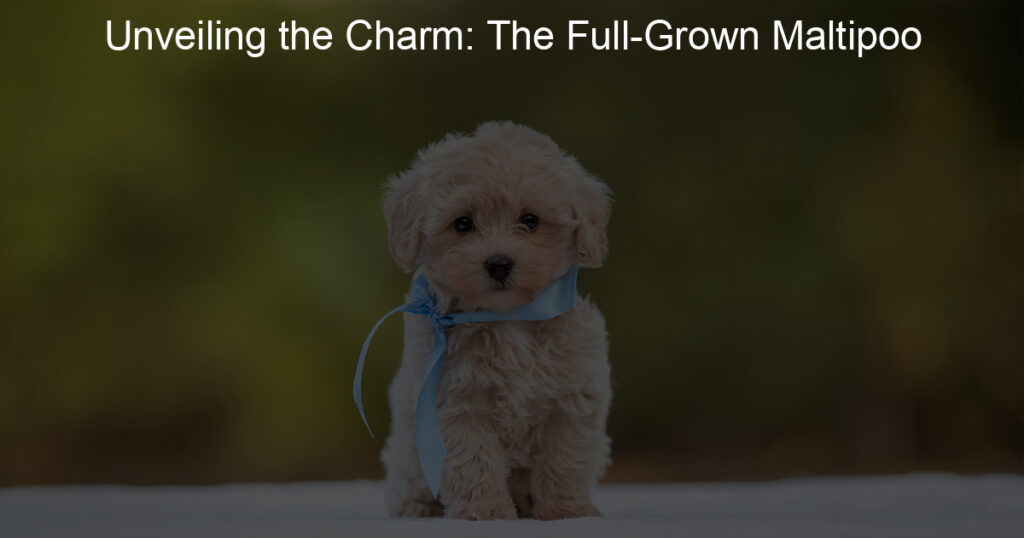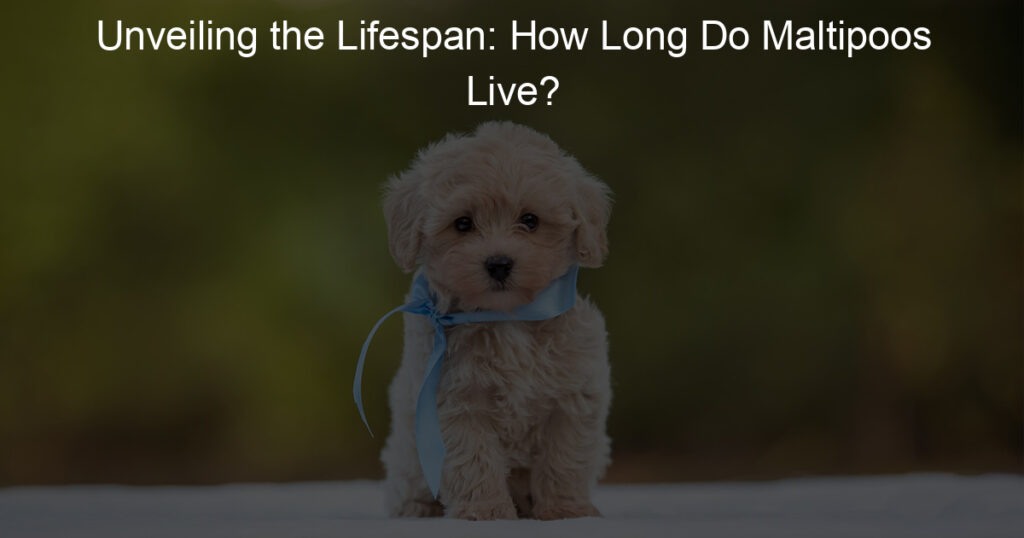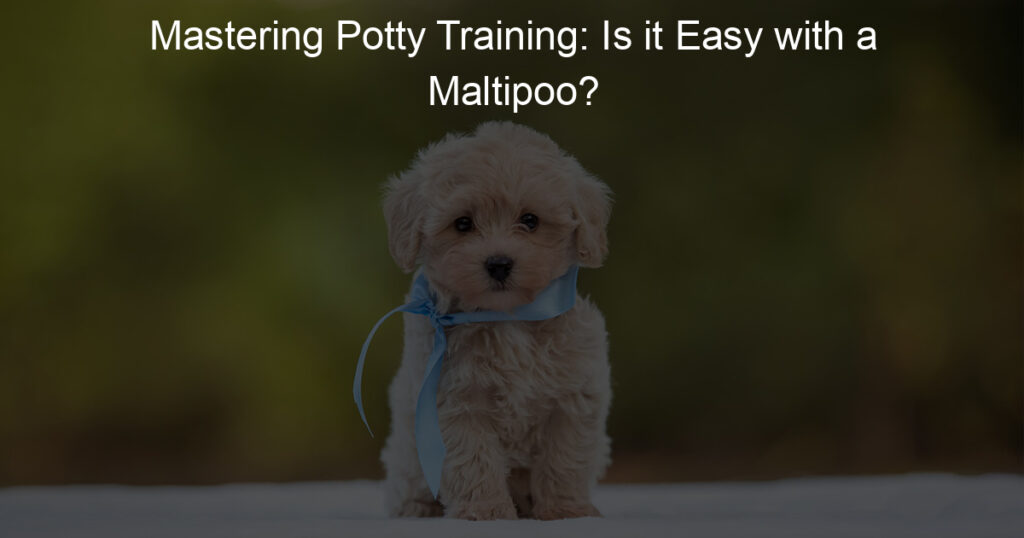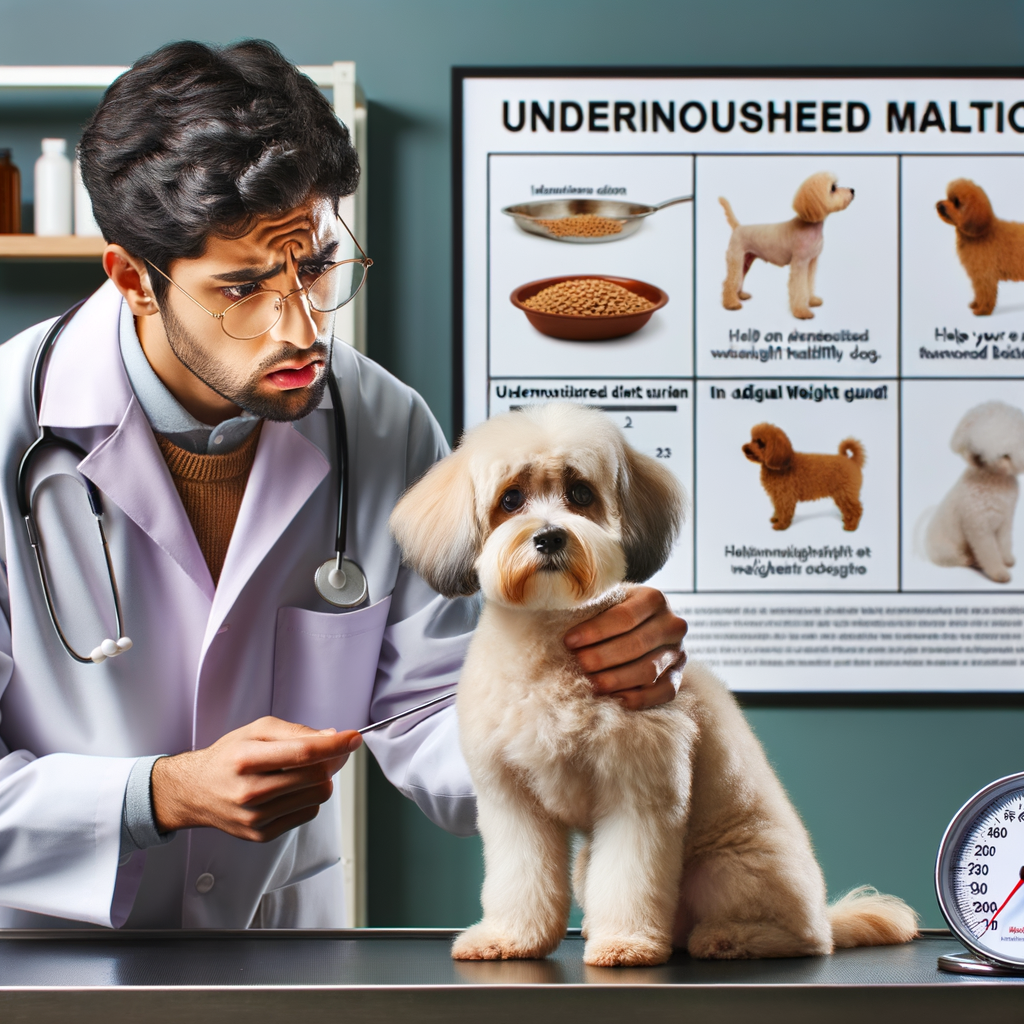
Introduction to Maltipoo Weight Issues
As a Maltipoo owner, it’s crucial to understand the importance of maintaining a healthy weight for your pet. This breed, a mix between a Maltese and a Poodle, is known for its playful and affectionate nature. However, like any other breed, Maltipoos can face weight issues. These issues can lead to various health problems if not addressed promptly and correctly. In this section, we will discuss the importance of a healthy weight for Maltipoos and some common reasons why your Maltipoo might be underweight.
- Understanding the Importance of Healthy Weight for Maltipoo
- Common Reasons for Underweight Maltipoo
A healthy weight is vital for a Maltipoo’s overall well-being. It can help prevent numerous health issues, including heart disease, diabetes, and joint problems. Moreover, a Maltipoo at a healthy weight will have more energy and a better quality of life. According to the Association for Pet Obesity Prevention, approximately 56% of dogs in the United States are overweight or obese. This statistic underscores the importance of maintaining a healthy weight for your Maltipoo.
Several factors can contribute to your Maltipoo being underweight. These include inadequate diet, parasites, dental problems, and certain illnesses. An inadequate diet is one of the most common reasons. If your Maltipoo is not getting enough nutrients or calories, it can lead to weight loss. Parasites can also cause weight loss as they consume the nutrients your Maltipoo needs. Dental problems can make it difficult for your Maltipoo to eat, leading to weight loss. Lastly, certain illnesses, such as diabetes or kidney disease, can cause weight loss in Maltipoos.
In the following sections, we will delve deeper into the signs of an underweight Maltipoo, the health problems related to being underweight, and the solutions to help your Maltipoo gain weight healthily. We will also provide a Maltipoo feeding guide and tips for weight management to ensure your Maltipoo maintains a healthy weight.
Signs of an Underweight Maltipoo
It’s important to know the signs of an underweight Maltipoo to ensure your furry friend stays healthy. Here are some physical signs to look out for:
Physical Signs
- Visible ribs, spine, and hip bones: If you can easily see your Maltipoo’s ribs, spine, and hip bones, it might be underweight. A healthy Maltipoo should have a thin layer of fat over these areas, making them less visible.
- Lack of muscle mass: Muscle mass is important for a dog’s overall health and strength. If your Maltipoo seems weak or has less muscle than before, it could be underweight.
- Low energy levels: Maltipoos are known for their playful and energetic nature. If your Maltipoo is less active or seems tired all the time, it might not be getting enough nutrients from its diet.
Remember, these are just signs and it’s always best to consult with a vet if you notice any changes in your Maltipoo’s appearance or behavior. By being aware of these signs, you can help ensure your Maltipoo maintains a healthy weight.
Behavioral Signs
Just as physical signs can indicate that your Maltipoo is underweight, there are also behavioral signs to watch out for. These signs may not be as obvious as physical ones, but they are equally important. Let’s discuss some of these behavioral signs in detail:
- Excessive Hunger
- Increased Aggression
- Difficulty Focusing
If your Maltipoo is constantly hungry and seems to be eating more than usual, this could be a sign that they are not getting enough nutrients. An underweight Maltipoo may show an increased appetite as their body tries to compensate for the lack of nutrients. This excessive hunger can lead to overeating and potential health problems if not addressed.
Increased aggression can be another sign of an underweight Maltipoo. When a dog is not getting enough nutrients, it can lead to changes in their behavior, including increased aggression. This aggression can be directed towards other pets or even humans. It’s important to address this issue promptly to prevent any harm to your pet or others.
Lastly, an underweight Maltipoo may have difficulty focusing. This can manifest in various ways, such as difficulty following commands or a decreased interest in play. This lack of focus can be due to a lack of energy resulting from insufficient nutrients. If your Maltipoo is showing signs of difficulty focusing, it’s crucial to consult with a vet to determine the cause.
In conclusion, it’s important to keep an eye out for these behavioral signs in your Maltipoo. If you notice any of these signs, it’s best to consult with a vet immediately. They can provide guidance on how to address these issues and ensure your Maltipoo is at a healthy weight.
Maltipoo Health Problems Related to Being Underweight
When a Maltipoo is underweight, it can lead to a number of health problems. This is because the body doesn’t have enough nutrients to function properly. Let’s take a closer look at some of these health issues.
- Increased susceptibility to infections: Just like humans, dogs need a balanced diet to keep their immune system strong. When a Maltipoo doesn’t get enough nutrients, their immune system can weaken. This makes them more likely to catch infections. For example, a study found that underweight dogs were more likely to get kennel cough, a common dog infection.
- Delayed recovery from illness or surgery: Being underweight can also slow down a Maltipoo’s recovery from illness or surgery. This is because their body doesn’t have the energy it needs to heal. For instance, a Maltipoo that has just had surgery might take longer to recover if they are underweight.
- Decreased lifespan: Finally, being underweight can shorten a Maltipoo’s lifespan. This is because underweight dogs are more likely to develop serious health problems. In fact, a study found that underweight dogs lived an average of two years less than dogs at a healthy weight.
As you can see, it’s important to ensure that your Maltipoo maintains a healthy weight. In the following sections, we will discuss solutions for underweight Maltipoos and provide a Maltipoo feeding guide.
Solutions for Underweight Maltipoo
If your Maltipoo is underweight, it can be a cause for concern. However, there are effective solutions to help your furry friend gain weight and maintain a healthy lifestyle. One of the most effective ways is by implementing a proper diet plan.
Maltipoo Diet Plan
Designing a diet plan for your Maltipoo is crucial to ensure they gain weight healthily. Here are some strategies you can incorporate:
- Increasing Calorie Intake
- Adding High-Protein Foods to the Diet
- Regular Feeding Schedule
Increasing your Maltipoo’s calorie intake is a straightforward way to help them gain weight. However, it’s essential to do this gradually and monitor their weight regularly. An abrupt increase in calories can lead to obesity and other health issues. Aim for a 10-20% increase in their daily calorie intake.
Protein is a vital nutrient for dogs as it aids in muscle development and repair. By adding high-protein foods to your Maltipoo’s diet, you can help them gain weight and build muscle mass. Foods like chicken, turkey, and fish are excellent sources of protein.
Establishing a regular feeding schedule can help your Maltipoo gain weight. Instead of feeding them large meals twice a day, consider giving them smaller meals more frequently. This can help them digest food better and absorb more nutrients.
Remember, every Maltipoo is unique, and what works for one may not work for another. It’s always best to consult with your vet before making any significant changes to your Maltipoo’s diet.
Weight Gain Tips for Maltipoo
If your Maltipoo is underweight, there are several strategies you can employ to help them gain weight in a healthy and sustainable manner. Here are three key tips:
- Regular exercise to build muscle mass
- Feeding small meals frequently
- Using weight gain supplements
Exercise is not just for weight loss. Regular physical activity can help your Maltipoo build muscle mass, which can contribute to healthy weight gain. Activities like playing fetch, going for walks, or even agility training can be beneficial. Remember, it’s important to consult with your vet before starting any new exercise routine for your pet.
Feeding your Maltipoo small meals throughout the day can help them gain weight. This approach can be more effective than feeding them large meals a couple of times a day. Small, frequent meals can help keep their metabolism active and prevent them from feeling overwhelmed by large quantities of food at once.
Weight gain supplements can be a useful tool to help your Maltipoo gain weight, particularly if they have been struggling to do so through diet and exercise alone. These supplements can provide your pet with additional calories and nutrients to support healthy weight gain. However, it’s crucial to consult with your vet before starting your Maltipoo on any new supplement regimen.
Remember, every Maltipoo is unique and what works for one might not work for another. It’s important to monitor your pet’s progress and adjust their weight gain plan as necessary. With patience and persistence, you can help your Maltipoo reach a healthy weight.
Maltipoo Feeding Guide
Feeding your Maltipoo properly is crucial to maintaining their health and happiness. This guide will help you understand how much, what, and when to feed your furry friend.
-
How Much to Feed a Maltipoo
The amount of food your Maltipoo needs can vary based on their age, weight, and activity level. Puppies generally need more food than adults as they are growing rapidly. On average, a Maltipoo puppy should eat 4 times a day, with each meal being approximately 1/4 cup of high-quality dog food. Adult Maltipoos, on the other hand, should be fed twice a day, with each meal being about 1/2 cup. Always remember, these are just guidelines and individual needs may vary. It’s always best to consult with your vet to determine the right amount for your Maltipoo.
-
What to Feed a Maltipoo
When it comes to what to feed your Maltipoo, quality is key. Look for high-quality dog food that is rich in protein, has a good balance of carbohydrates and fats, and includes essential vitamins and minerals. Avoid foods with artificial colors, flavors, or preservatives. Some Maltipoos may also have specific dietary needs or allergies, so it’s important to pay attention to how your dog reacts to different foods and adjust their diet accordingly.
-
When to Feed a Maltipoo
Feeding your Maltipoo at consistent times each day can help regulate their digestion and prevent overeating. Puppies should be fed four times a day, with meals evenly spaced throughout the day. Adult Maltipoos should be fed twice a day, typically once in the morning and once in the evening. Avoid feeding your Maltipoo immediately before or after vigorous exercise to prevent digestive issues.
Remember, every Maltipoo is unique and may have different dietary needs. Always consult with your vet to create a feeding plan that is tailored to your Maltipoo’s specific needs.
Maltipoo Weight Management
Managing your Maltipoo’s weight is a crucial part of their overall health and well-being. It involves several key aspects, including maintaining a healthy weight, regular vet check-ups for weight monitoring, and adjusting diet and exercise as needed. Let’s delve into each of these aspects in detail.
- Maintaining a Healthy Weight
- Regular Vet Check-ups for Weight Monitoring
- Adjusting Diet and Exercise as Needed
Keeping your Maltipoo at a healthy weight is essential for their overall health. A healthy weight for a Maltipoo generally falls between 5 to 20 pounds, depending on their size and age. It’s important to note that every dog is unique, and what might be a healthy weight for one Maltipoo may not be the same for another. Regular exercise and a balanced diet are key to maintaining a healthy weight.
Regular vet check-ups are vital in monitoring your Maltipoo’s weight. Your vet can provide a more accurate assessment of your dog’s weight, taking into account factors like bone structure and muscle mass. They can also identify any potential health issues related to weight, such as obesity or malnutrition, and provide appropriate treatment and advice.
As your Maltipoo grows and ages, their dietary and exercise needs may change. Puppies typically require more calories and nutrients for growth, while older dogs may need fewer calories to avoid weight gain. Similarly, a Maltipoo’s exercise needs can vary based on their age, health, and individual energy levels. Regularly reviewing and adjusting your Maltipoo’s diet and exercise routine can help keep them at a healthy weight.
In conclusion, managing your Maltipoo’s weight involves a combination of maintaining a healthy weight, regular vet check-ups, and adjusting diet and exercise as needed. By keeping these factors in mind, you can ensure your Maltipoo stays healthy and happy.
Conclusion: Ensuring a Healthy Weight for Maltipoo
As we conclude, it’s crucial to remember that maintaining a healthy weight for your Maltipoo is not a one-time task but a continuous process. It involves regular monitoring, a balanced diet, exercise, and professional help when necessary. Let’s delve into these aspects.
- Importance of Regular Monitoring
- Role of a Balanced Diet and Exercise
- Seeking Professional Help When Necessary
Regular monitoring of your Maltipoo’s weight is essential. It allows you to spot any sudden weight changes that could indicate health problems. Use a pet weight scale for accurate measurements. Remember, consistency is key. Always weigh your pet at the same time of day, preferably in the morning before feeding.
A balanced diet and regular exercise play a significant role in your Maltipoo’s weight management. Ensure your pet’s diet is rich in proteins, vitamins, and minerals. Avoid overfeeding and limit treats. Regular walks, playtime, and mental stimulation activities can help keep your Maltipoo active and fit.
If despite your best efforts, your Maltipoo continues to struggle with weight issues, it’s time to seek professional help. A vet can provide a comprehensive health check and recommend a tailored diet plan or medical treatment if necessary. Remember, it’s always better to seek help early than wait until the problem escalates.
In conclusion, your Maltipoo’s health and happiness largely depend on you. By taking proactive steps, you can ensure your furry friend maintains a healthy weight and enjoys a high quality of life. Remember, a healthy Maltipoo is a happy Maltipoo!



